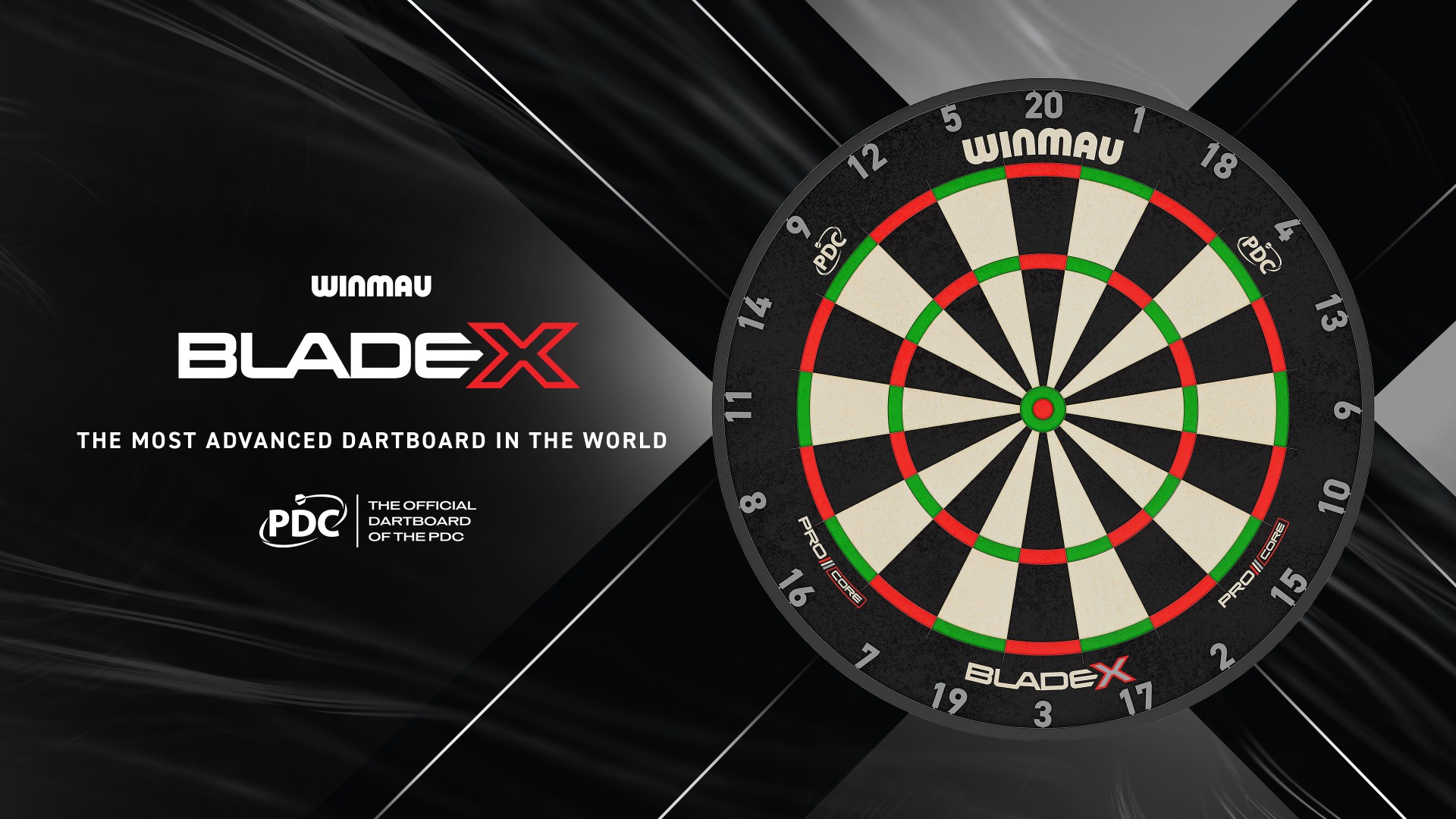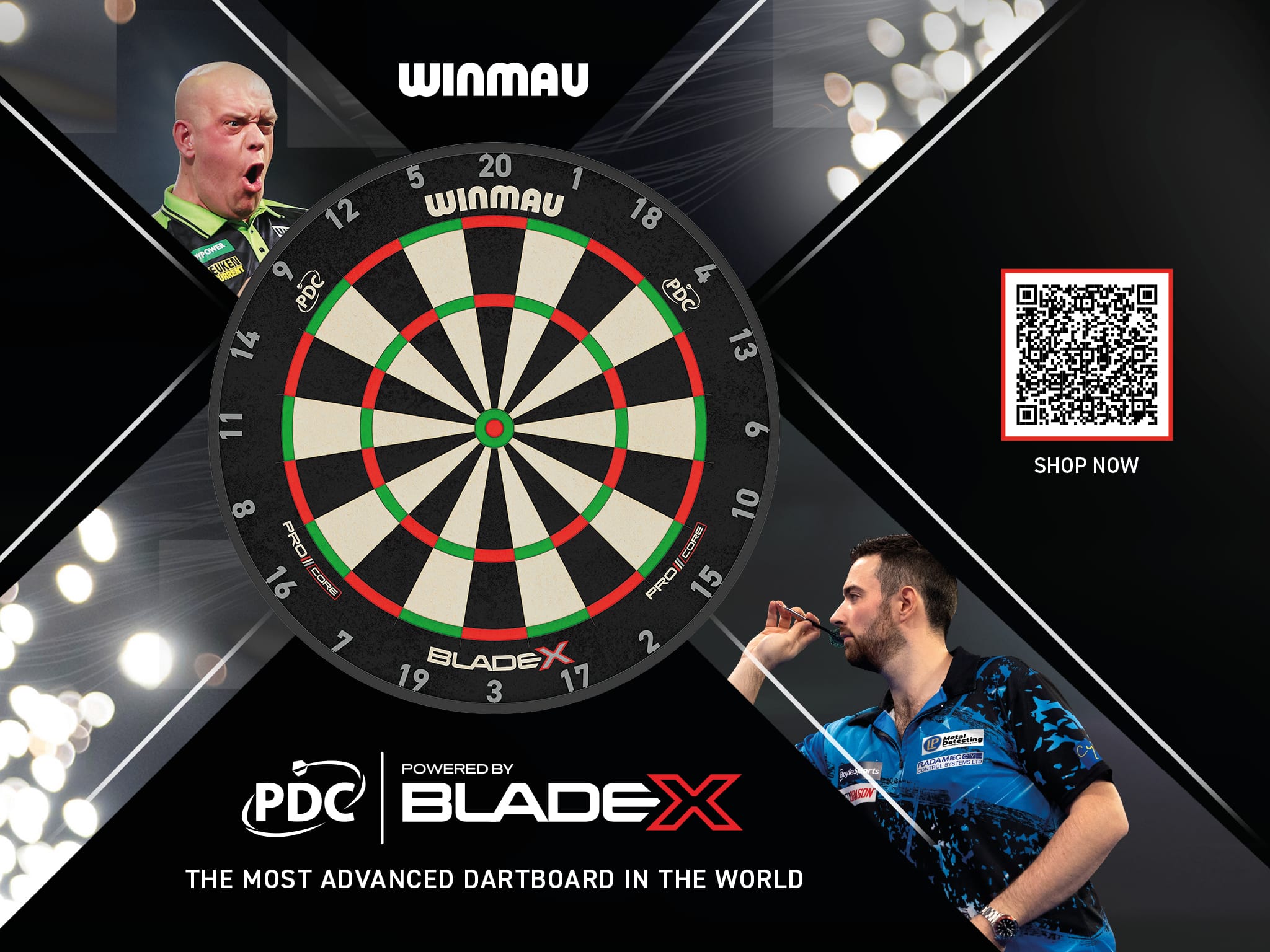A few years ago a top British sportsman took an innovative approach to a problem he had been experiencing in his chosen field. The results of that decision make it appear as if it was an easy one and that success would certainly follow. Yet at the time the decision, to appoint a new coach/manager, was not universally applauded and brought much doubt and some derision from those within the game.
Ranked in the world’s top five, our hero was unfortunate enough to live in a truly great era of the game. He had come through with staggering early success and bright things were predicted almost instantly. True, he had reached a couple of finals and the later stages of major events. He was making a good living and by most measures would have been considered a great player. Yet the big titles had eluded him, the runner up spots were not as frequent as previously and he seemed to have come to a halt in the progression of what had been predicted to be a glittering career.
As with many a sporting star before him he had hit a glass ceiling, natural talent had taken him so far, the encouragement of family and friends, together with their support when needed, had played a vital role. Yet the progress made, from precocious teenager to mature professional, had stuttered and as the player cast around for a way, to make the next step, a need for someone with experience of his situation, someone who had come through such an era , someone who triumphed and survived and someone for whom he had respect and would listen too.
Meanwhile a former champion was working on the margins of his sport. Having lived through a golden era he was now watching with great interest as his sport enjoyed a new lease of life, with the greatest players, huge TV coverage, bigger sponsorships and thriving in difficult financial times. He began to feel that he could play more of a role in the game again and could perhaps contribute some of his knowledge and experience.
This happy coincidence resulted, despite much cynical comment, in huge success. After a settling period, of a few months, the player reached another major final and in an event where there was huge pressure to do better than before. The next true test came at the very highest level in the sport. Sensationally he triumphed and became his sports very best. The following year more titles and runners up places were grabbed before a second highly emotional triumph, at the British home of his sport, was achieved.
Eventually, with the main aims achieved, the pair were unable to continue their unusual and remarkably successful partnership and amicably agreed to go their separate ways. The player, with a brief down spell to endure, would go on to win more titles. Meanwhile the coach/mentor/manager enjoys a substantially raised profile, greater respect in the game and more commercial opportunities than ever. He considers whether he will coach again.
Many claim this to be the start of the era of the Super Coach and this would be true if we were looking at Andy Murray & coach Ivan Lendl between December 2011 and January 2014.
But the above is actually the tale of another player and the time period between 2010 and March 2013. Perhaps the true innovators of the Super Coach era are Adrian Lewis (2011 & ’12 World Darts Champion) and Keith Deller (1983 World Darts Champion) his Super Coach/Mentor?











